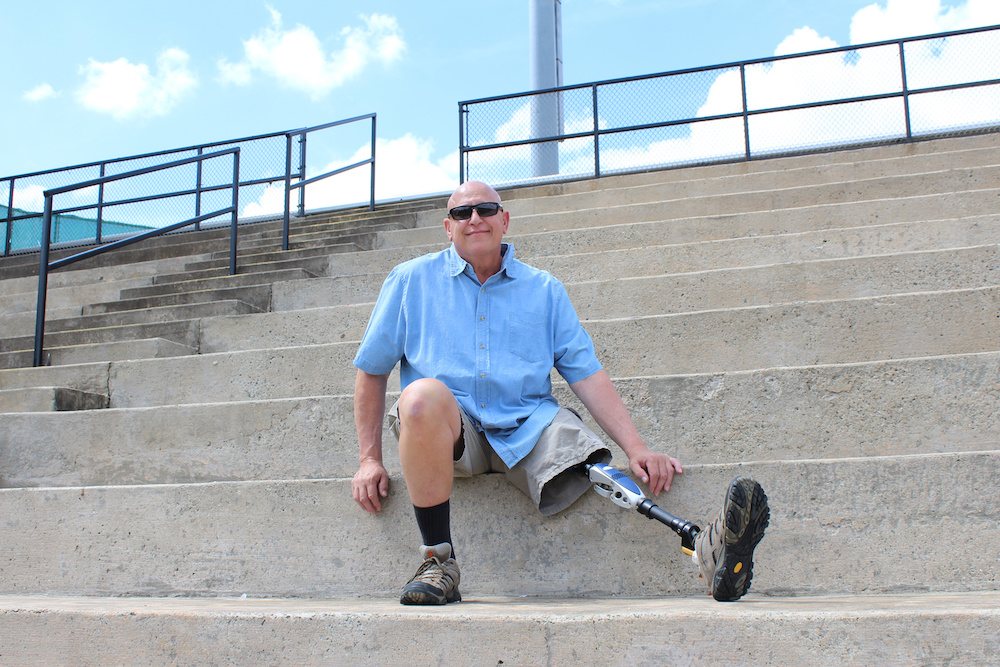Published on: September 17, 2019

There are more than 18 million veterans living here at home, and those who were on active duty may develop disabilities, injuries, or illnesses as a result of their service. In cases where a veteran has a condition develop or worsen due to their active service, they may be eligible for tax-free disability compensation from the Department of Veterans Affairs (VA). Here’s how it works.
Eligibility for Disability Compensation
Veterans disability compensation is paid to servicemen and women who have suffered a service-connected disability or illness. The amount of compensation typically depends on the severity of the disability and how much it prevents them from participating in any gainful activity. For families of a service member who died while on active duty or during training, such as a surviving spouse, children, or parents, compensation is also available.
To be eligible for disability compensation, veterans must have been discharged from service under honorable circumstances. Disability benefits will then apply to illnesses, physical injuries, and mental health conditions, such as post-traumatic stress disorder (PTSD).
Types of Veteran Disability Compensation
Disability compensation is a monthly benefit that can be paid out in several ways.
Dependency and Indemnity Compensation
Dependency and Indemnity Compensation (DIC) is a benefit paid to surviving family members of servicemen and women who’ve died on active duty or during training. Survivors of veterans who passed away as a result of a service-connected disability that worsened over time are also eligible.
To apply for DIC, the surviving spouse and veteran need to have been married and living together for at least one year or have a child together.
Special Monthly Compensation
In addition to regular disability compensation, veterans or their survivors may also be eligible for Special Monthly Compensation (SMC) under certain circumstances. In some cases, the veteran may require extra aid and attendance from another person as a result of their specific disability (such as the loss of a limb). The SMC payment is meant to help offset the costs of this extra level of care.
Applying for Veterans Disability Compensation
Nowadays, most disability compensation applications are submitted online. When applying for VA disability, veterans typically need to provide information from their discharge or separation papers (Form DD214), medical evidence showing their disability and its extent, and records showing the eligibility of dependents such as spouses, children, and parents.
To apply for veteran benefits, they will need to fill out the veterans benefits application form specific to compensation, 21-526EZ. They have the option of creating an account and applying online, printing and mailing in the forms to the VA, or applying by phone (1-800-827-1000) to have the VA mail the application forms. It’s important that applications contain as much information as possible regarding how the injury/disability occurred, the effect of any attempted medical treatment, and the extent to which the condition is affecting daily activities.
How Much Can Veterans Expect to Receive?
Determining veterans’ disability compensation can be a complicated process. The VA typically looks at each application on a case-by-case basis. VA representatives will first determine whether the condition is the result of military service. Once that’s been evaluated, they will assign a veterans disability compensation rating (from 0-100%) regarding the extent of the disability. The higher the rating, the higher the payout to veterans or their family members.
For example, a rating of 10-20% for a veteran with no dependents can result in a monthly payment of about $135-$270 per month. For a rating of 70-100% for a disabled veteran with children, the amount can range between $1,550 and $3,300 per month. You can find out more about disability ratings and compensation here.
SSDI and SSI for Veterans
In addition to any benefits they may receive through the VA, veterans may also qualify for disability benefits from the Social Security Administration (SSA). To qualify for SSA benefits, the veteran must have a disability that prevents them from working. The condition should be expected to limit their capabilities for at least a year. In addition, they must have worked full-time for at least 5 of the last 10 years.
Veterans can potentially qualify for Supplemental Security Income (SSDI) or Supplemental Security Income (SSI), which are based on work credits or need and income limits. Veterans can also collect benefits from the SSA for non-service-connected disabilities that were obtained before, during, or after active service. Their standing with the VA (in terms of honorable/dishonorable discharge) does not affect their eligibility for SSA disability benefits.
Want to know more about SSA disability benefits for veterans? Disability Experts of Florida is here for you. You can read more here, or contact us anytime to speak with a caring and compassionate disability advocate.
